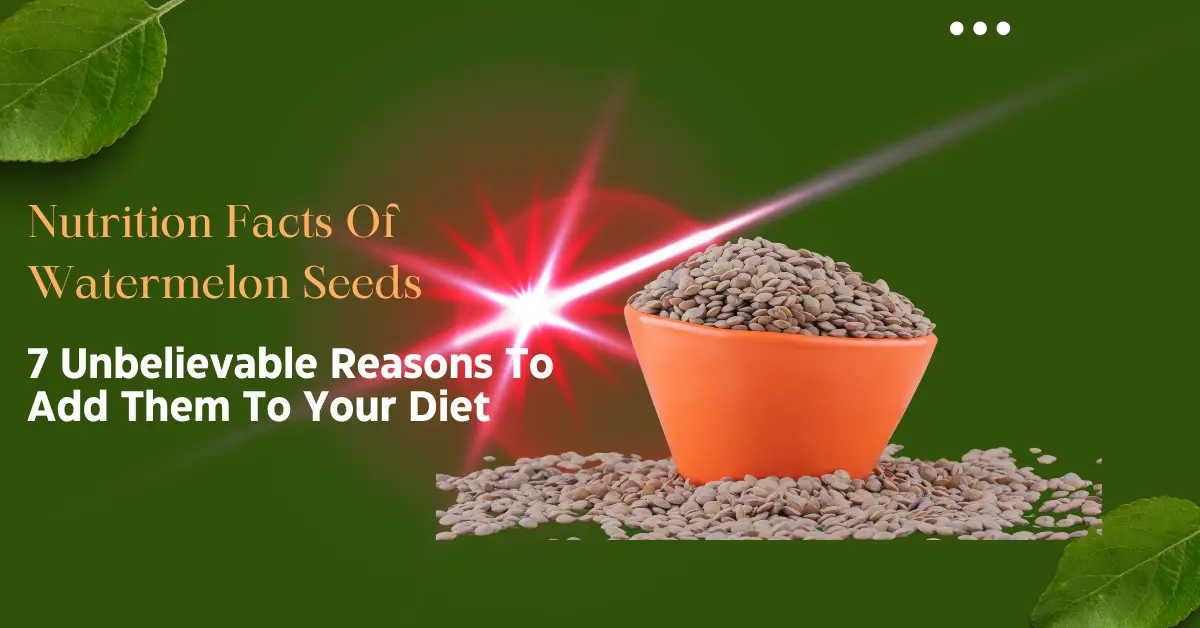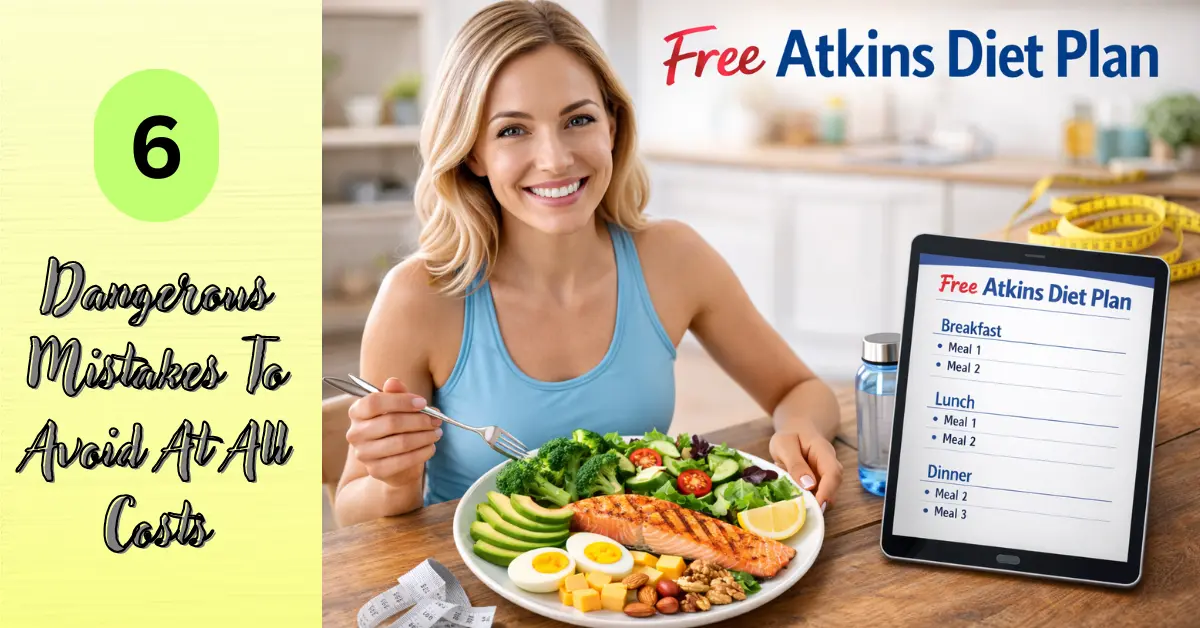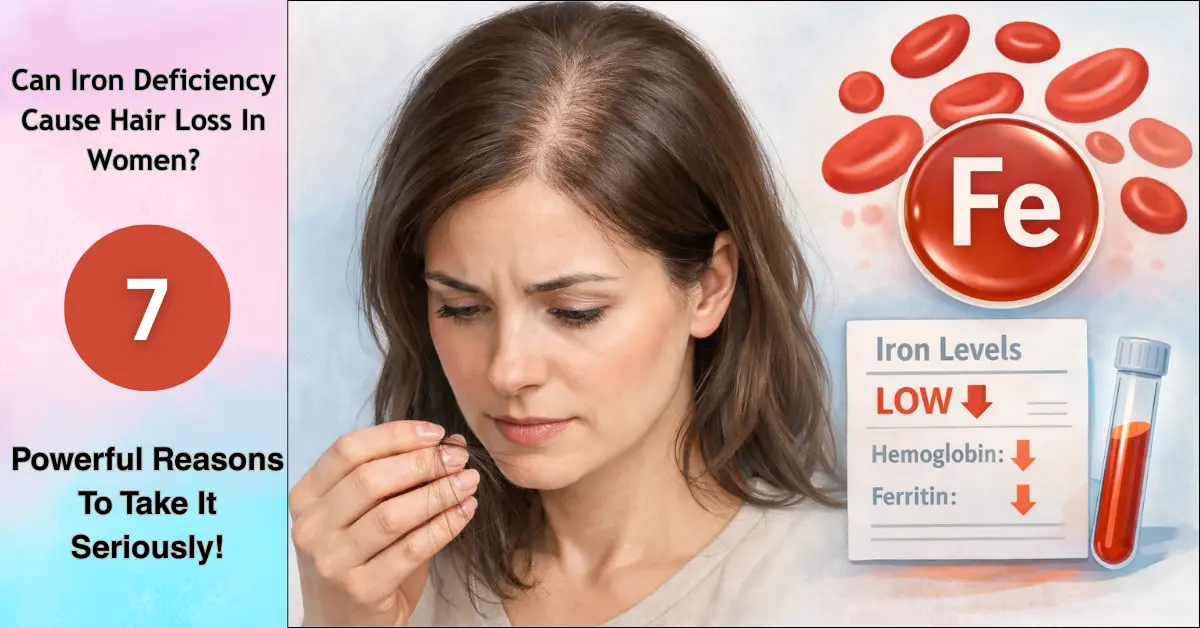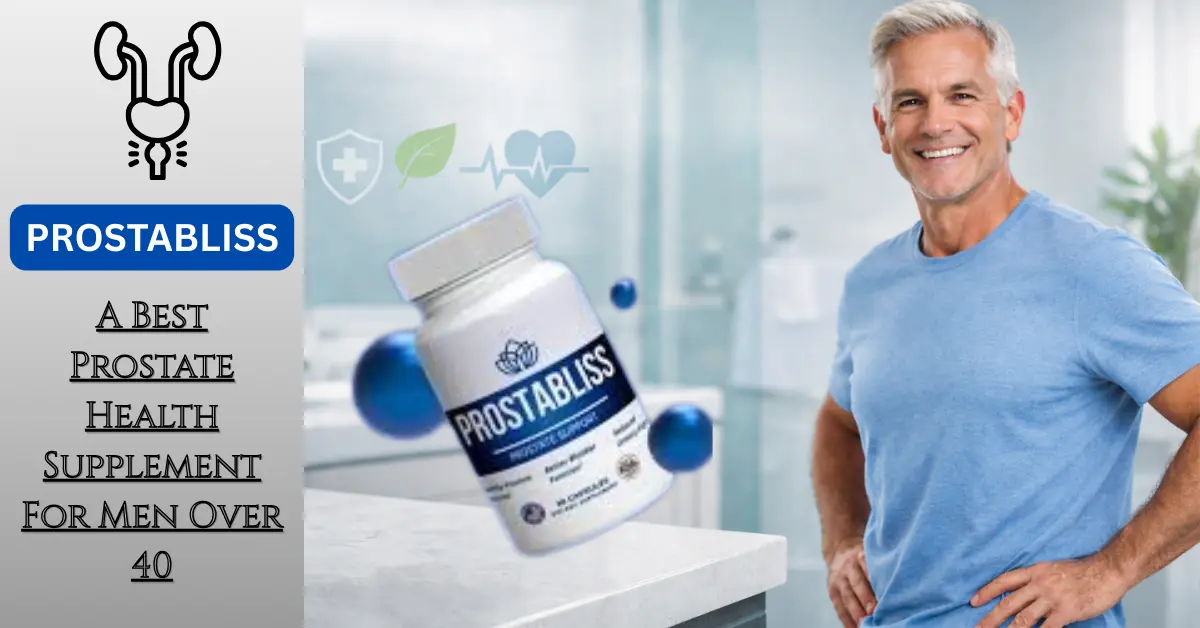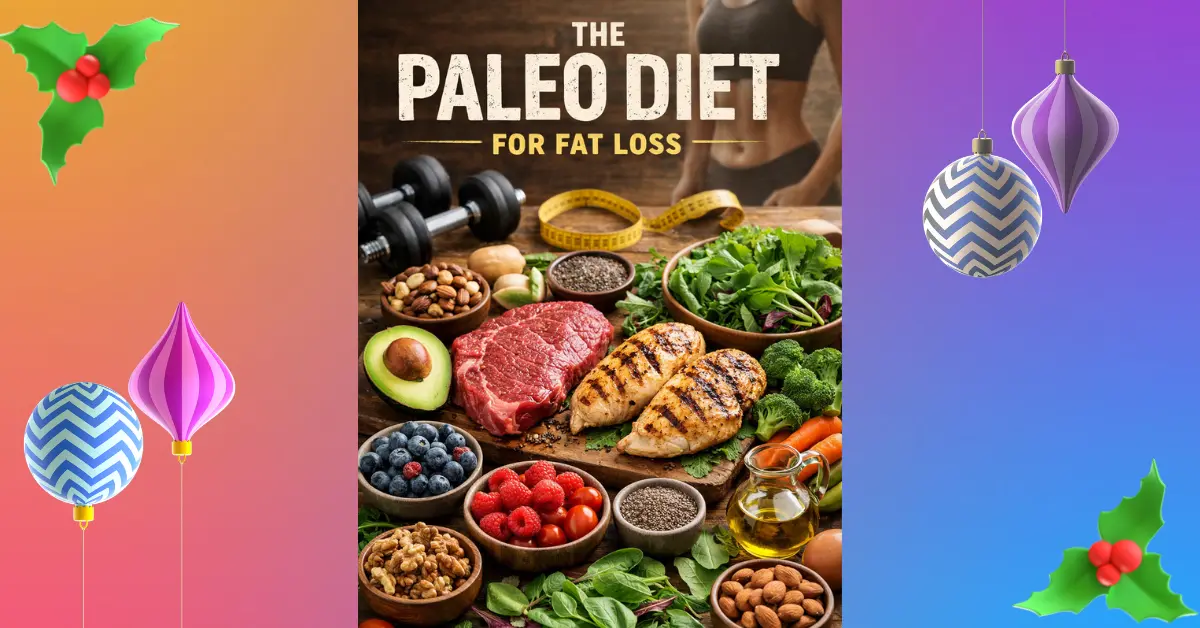Did you know what the nutrition facts of watermelon seeds are and their potential health benefits? These tiny seeds of watermelon are, in fact, an abundance of nutrients that can support the whole human body. The nutrient facts of watermelon seeds show that they are packed with protein, healthy fats, magnesium, zinc, and iron, which make them one of the most nutrient-rich seed varieties available.
365 DAILY HEALTH: The Encyclopedia of Power Foods

Unlocking Holistic Health Through Chinese Medicine Wisdom
- This comprehensive masterpiece is a game-changer. It includes everything you need to know to restore your health the natural way. It’s the key to unlocking holistic health, using the most effective form of Traditional Chinese Medicine.
- This groundbreaking book is your ultimate guide. Packed with 375 pages of solid information, it holds the key to harnessing the healing strengths of Power Foods. Inside, you’ll learn the secrets that make the people of Bama Yao so healthy, including:
- The #1 secret to restoring balance and harmony within your body, as revealed by the Yin-Yang principle (Hint: It’s not what you think!)
- The little-known technique for diagnosing imbalances through tongue, pulse, and facial analysis. (These secrets have been closely guarded for centuries.
- 5 essential flavors that hold the key to nourishing specific organs and influencing your health in surprising ways.
By ruining watermelon seeds, you can misplace a dedicated and capable source of minerals and healthy plant blends. By wiping or roasting them for just a few minutes, you can move them into crunchy, tasty snacks that offer both flavor and nutrition. Incorporating the nutrition facts of watermelon seeds is a simple way to improve your diet with little effort.
What are the Nutrition Facts of Watermelon Seeds?
As far as the nutrition facts of watermelon seeds are concerned, they are known as one of the top-ranking sources that provide an amazing range of essential nutrients. These are saturated with vitamins, proteins, omega-6 and omega-3 fatty acids, in addition to essential minerals such as zinc, magnesium, copper, iron, and potassium. These vital nutrients play a meaningful role in supporting the immune system, heart health, and improving energy levels.
However, it is essential to be mindful of portion sizes, as watermelon seeds are rather high in calories; one cup of roasted seeds contains around 600 calories. If you are looking to know the nutrition facts of watermelon seeds, which can support you to add them wisely into your routine diet, and can appreciate their health benefits without overindulging.
What are the Health Benefits of Watermelon Seeds?
Nutrition Facts of Watermelon Seeds:
Watermelon seeds are packed with nutrients like Folate, iron, zinc, copper, and magnesium, delivering over 140% of the daily requirements per cup, and the potassium makes them an inspiration of essential minerals. These seeds are a great source of amino acids, protein, and vitamin B-complex, which equally support the numerous body tasks. From supporting metabolism to enhancing bone mineral density, the nutrition facts of watermelon seeds underline their effective role in helping overall health and wellness.
Let’s discover how adding these tiny seeds to your diet can deliver greater health benefits.
Watermelon Seeds Can Enhance Skin Texture — Nutrition Facts of Watermelon Seeds
Snacking on roasted watermelon seeds can be amazingly helpful to your nourishing and glowing skin. These tiny seeds have essential fatty acids, antioxidants, and minerals such as zinc and magnesium, which help to avoid acne, maintain moisture levels, and protect the skin from premature aging.
Incorporating these seeds into your daily diet can boost skin elasticity, keeping it stable and youthful for a long time. The nutrition facts of watermelon seeds and their advanced elements of skin-friendly nutrients make them an excellent addition for maintaining clear, hydrated, and glowing skin.
Watermelon Seeds can improve Hair Health
If you are exploring the nutrition facts of watermelon seeds, protein, iron, magnesium, and copper are the key nutrients that maintain hair health. Protein helps the formation of hair strands and supports growth, while iron aids in transferring oxygen to hair follicles, supporting stronger and healthier strands.
Magnesium prevents rupture ends and breakage by strengthening the hair tube, and copper improves melanin production, which helps in keeping the hair’s natural color, maintaining it silky and smooth. The nutrient facts of watermelon seeds are that they are a great source of these crucial nutrients, making them a useful snack for promoting long, strong, and radiant hair.
Watermelon seeds can improve your Heart Health.
Understanding the nutrition facts of watermelon seeds shows their incredible health benefits, specifically for heart health. These small seeds are packed with monounsaturated and polyunsaturated fats, which studies show are beneficial to bad cholesterol and shield the heart. These seeds have magnesium, essential for maintaining healthy blood pressure, and iron, which supports the movement of oxygen in the body.
The antioxidant and anti-inflammatory elements in watermelon seeds offer more support to heart wellness. Additionally, zinc content plays a crucial role in regulating calcium influx into the heart cells, which is essential for the heart’s functioning.
Watermelon seeds may reduce Blood Sugar Levels
Studying the nutrition facts of watermelon seeds shows their effective role in supporting healthy blood sugar levels. These small seeds are connected to improving blood sugar levels and reduce insulin resistance, which are the two main concerns for people with diabetes.
As the seeds are a great source of magnesium and help to regulate carbohydrate metabolism, which directly affects blood sugar levels over time. The effective nutrition facts of watermelon seeds provide a simple but effective method to support metabolic health.
How can watermelon seeds enhance the Immune System?
Watermelon seeds are the nutritional capital, which are packed with useful iron and minerals that play a pivotal role in enhancing immunity. Furthermore, the essential nutrients the nutrition facts of watermelon seeds show that these are a great source of vitamin B complex, known for its capability to support immune function and overall health. By adding watermelon seeds to your routine diet, you not only get a delicious snack but also help to strengthen your body’s natural resistance.
How can watermelon seeds protect against osteoporosis?
In osteoporosis, bones become weak, and solidity is reduced, which raises the risk of fractures. One of the natural solutions to prevent the bones from early weakening is to add dried watermelon seeds to your daily diet. The nutrition facts of watermelon seeds emphasize their remarkable magnesium properties, delivering over 140% of the daily recommended consumption, which plays a vital role in maintaining robust bones. These small seeds are also a great source of copper, manganese, and potassium, all of which help to enhance bone mineral density and overall skin strength.
Watermelon seeds may enhance the Nervous System
Watermelon seeds are filled with vitamin B complex, an essential nutrient that is important for maintaining a healthy nervous system and brain function. The vitamins comprising niacin, folate, thiamine, and riboflavin support energy production, enhance mental functions, and also help in controlling the mood. The nutrition facts of watermelon seeds show that including them in your routine diet can help remarkably to neurological health, making them a natural solution for the brain.
Watermelon Seeds may enhance Energy Levels
Sure, watermelon seeds are a great source of protein. But, do you know what makes this protein so helpful? It is the superior quality amino acids that they include. Just one cup of watermelon seeds can provide a healthy protein enhancement, supporting you in rebuilding tissues and muscle growth. They are a good choice for a post-exercise snack or mid-day energy boost. However, they are high in calories, and eating excessive amounts may result in weight gain, so make sure to eat them in moderation.
How can watermelon seeds improve Male Enhancement?
Watermelon is packed with citrulline, an amino acid that may support better erections. The male enhancement medicine Viagra works by boosting blood circulation to the penis through a certain process. Citrulline may attain the same effect, albeit in a different way. Initial research suggests that the body changes citrulline into another amino acid, arginine, which is then changed into nitric oxide, which helps to relax and widen the blood vessels, improving the blood circulation to the penis and boosting the erectile function.
As watermelon is mostly water, the top focus of citrulline is found in concentrated watermelon juice. Men seeking to try watermelon as a natural alternative to Viagra can find better results by choosing watermelon juice rather than the fruit itself.
How to Consume Watermelon Seeds Suitably?
The best use of the watermelon seed is roasted, because this method brings out its potential, nutty flavor while boosting the nutritional benefits. The technique of roasting watermelon seeds is simple and quick. Heat your oven to 325°F (160°C), spread the seeds evenly on a baking sheet, and roast them for almost 15 minutes. Be sure to blend them halfway through to confirm they roast evenly.
Making the seeds more delicious, consider wetting them with olive oil and shaking them with salt, or get original with flavors by adding a touch of cinnamon and sugar for a sweet twist. If you want to make something special, like spicy, adding lime juice, chili powder, or cayenne pepper can add a thrilling touch.
Can excessive intake of Watermelon Seeds Create Negative Impacts?
While the watermelon seeds are packed with essential nutrients, as the nutrition facts of watermelon seeds show, the extreme use of these seeds can lead to constipation or some digestive aches. Due to high fiber properties, specifically insoluble fiber, consuming too many seeds can create bloating, constipation, and stomach gas. In some cases, allergies may arise due to the extreme use of seeds, which leads to skin rashes or irritation.
It is also important to note that the hard outer cover of watermelon seeds can pose a choking threat, especially for young children. Additionally, watermelon seeds contain phytic acid, which can decrease the absorption of minerals like zinc and iron if eaten in large amounts.
Conclusion:
Watermelon is largely a healthy fruit, and when it comes to its nutrition facts of watermelon seeds are a small powerhouse that provides more health benefits. The watermelon seeds have citrulline and lycopene, which are known for supporting lower blood pressure, improving metabolic health, and alleviating muscle pain after exercise.
Not only are the rich in these effective plant-based blends, but watermelon seeds also provide essential nutrients like protein, magnesium, and healthy fats. Linked with watermelon’s organic sweetness and high water properties, making it a hydrating, nutrient-rich snack, these seeds are the perfect choice for a balanced diet.


